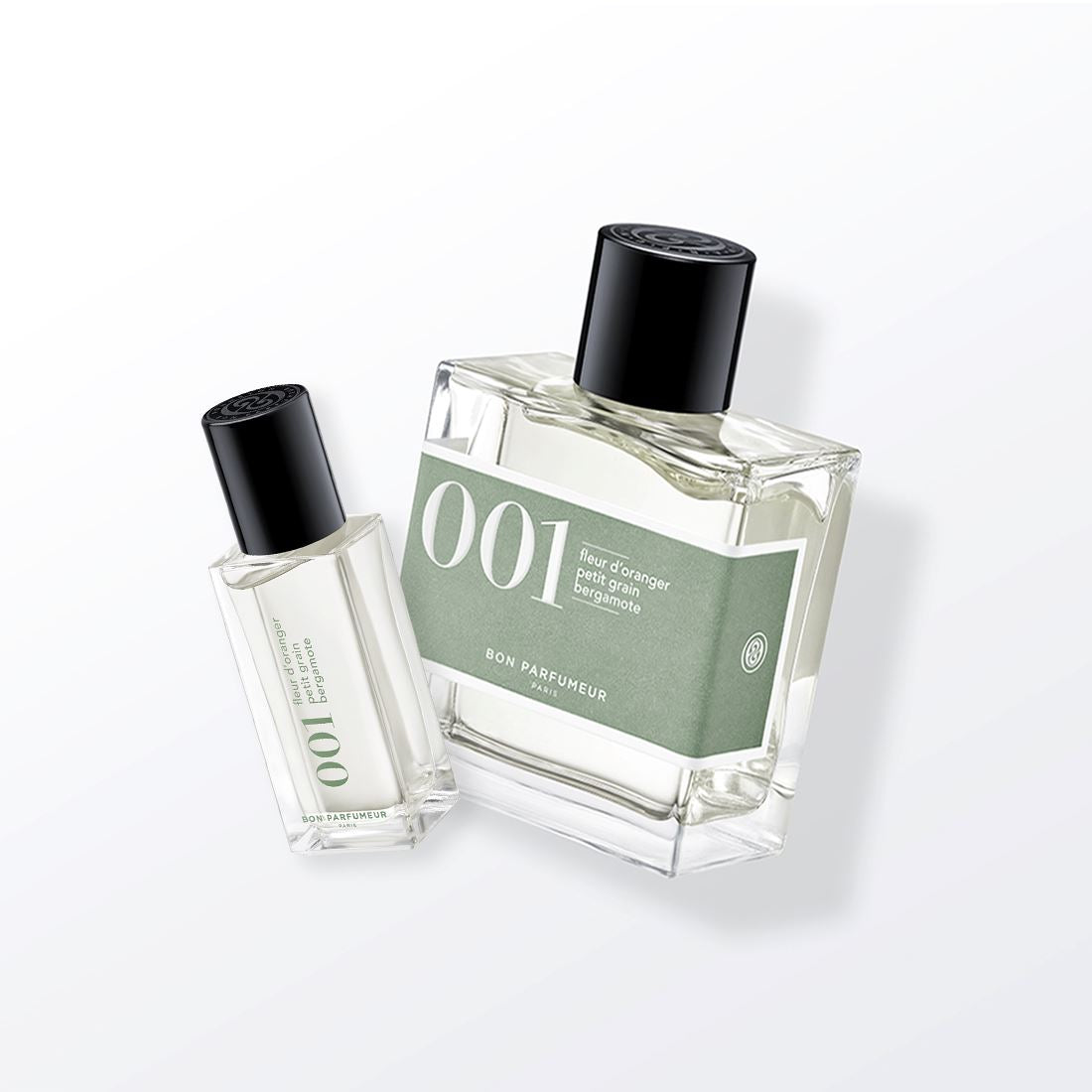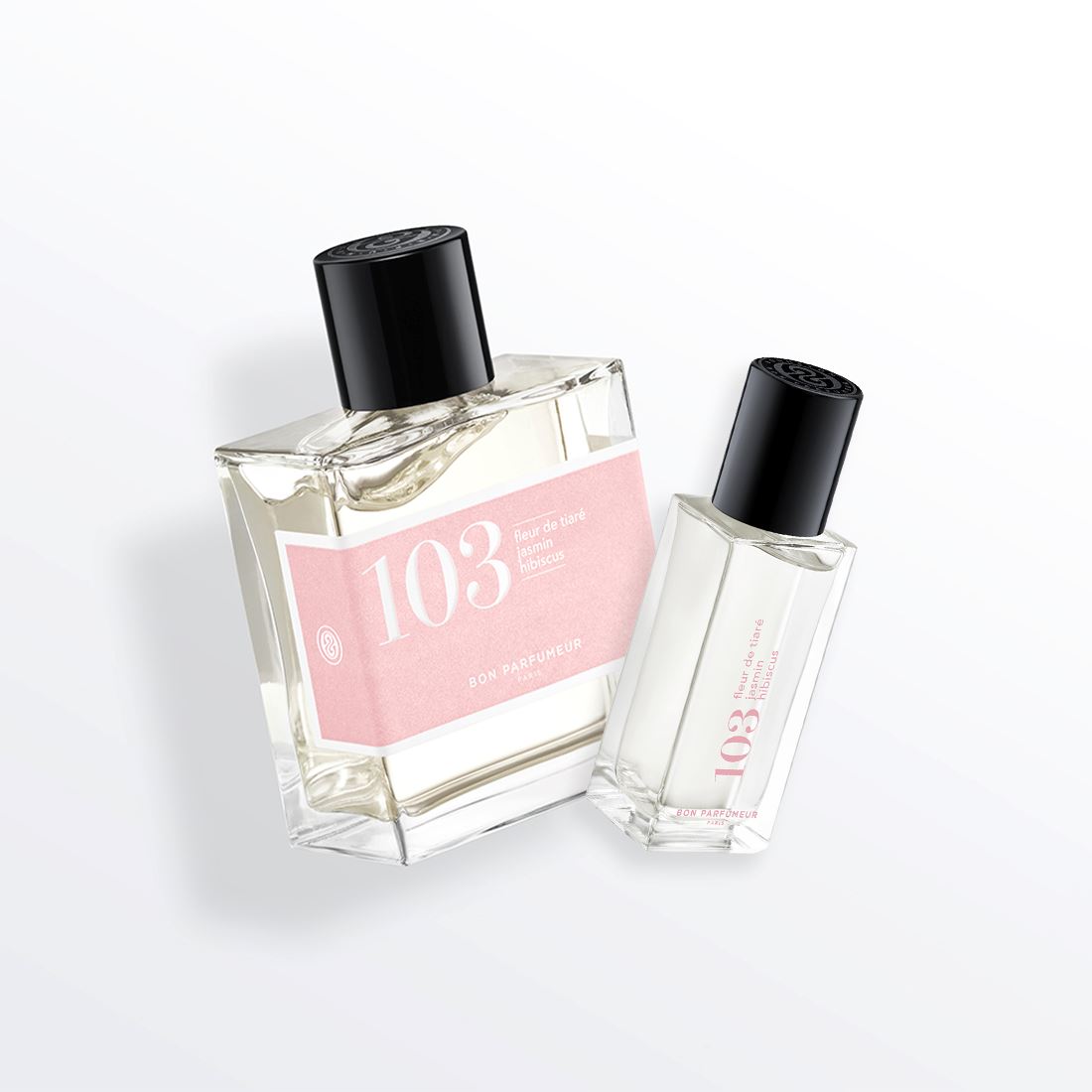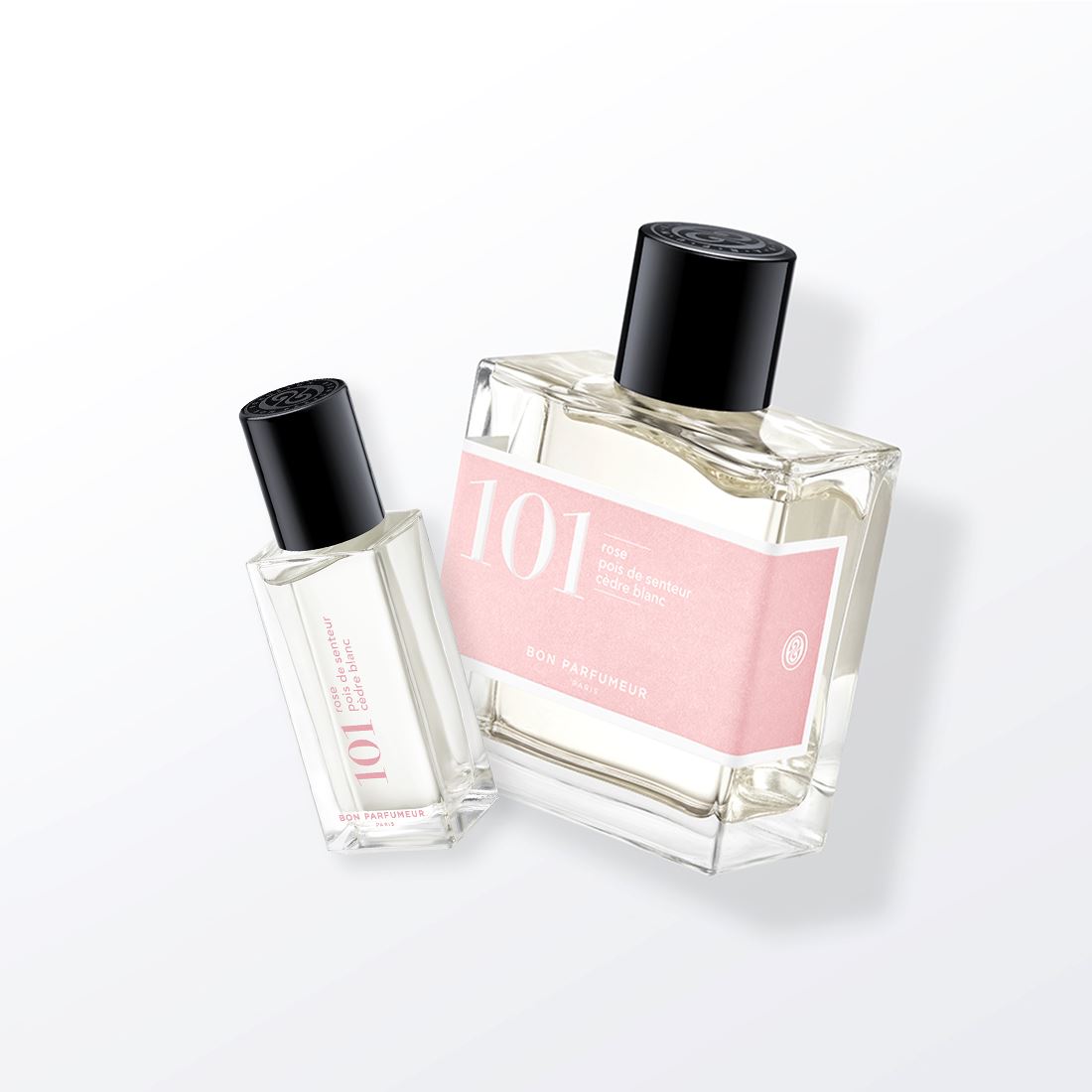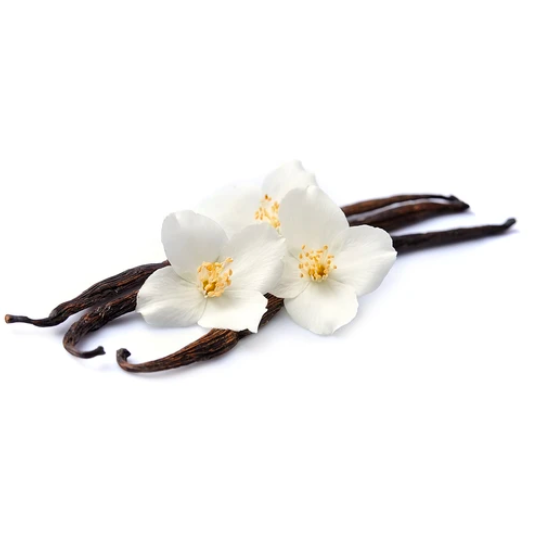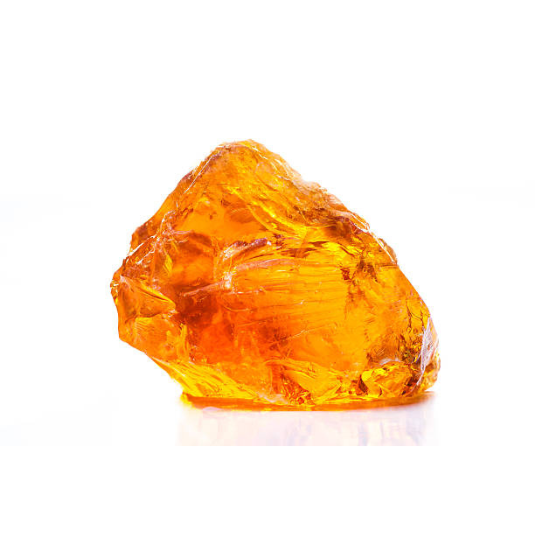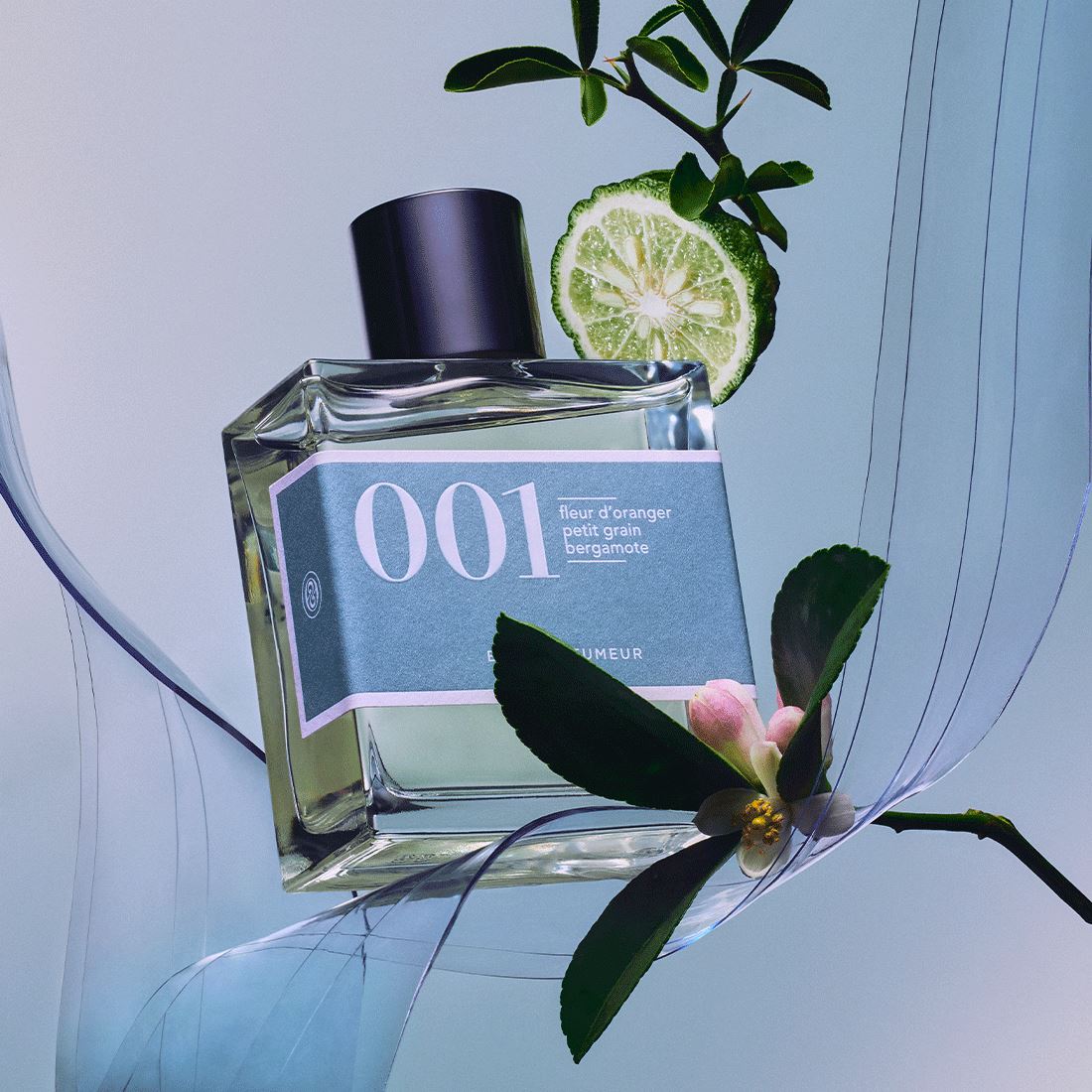What does the word Absinthe mean ?
The word "absinthe" has its origins in the Latin "absinthium", which in turn derives from the Greek "apsinthion". The term originally referred to a bitter medicinal plant known as mugwort, which was used in ancient times for its medicinal properties. Absinthe, as an alcoholic beverage, takes its name from this plant, as it was one of the key ingredients used to flavor and color the liqueur.
In the beginning…
The history and origins of wormwood (Artemisia Absinthium) date back to antiquity, when it was already known as a medicinal plant.
Over the centuries, knowledge of wormwood's properties spread to different cultures, and it was used for a variety of purposes, including as a remedy for parasites, fevers and stomach aches.
However, it was in the 18th and 19th centuries that absinthe as we know it today was born. In Switzerland, in the early 18th century, a doctor named Pierre Ordinaire developed a recipe that combined medicinal plants, including mugwort, with alcohol. The drink was considered a remedy for a variety of ailments. Over time, its popularity grew, and the recipe was passed on and modified.
In the 19th century, absinthe became an emblematic drink of cultural and artistic life in Europe, particularly in the bohemian circles of Paris. It was appreciated by many artists, writers and poets, who nicknamed it "the green fairy" because of its characteristic emerald green color. It was often associated with a complex preparation ritual, with the addition of fresh water and sugar to make it sweeter and more pleasant to drink.
Interesting facts !
Absinthe has also provoked controversy and criticism, accused of causing hallucinations and adverse health effects. These allegations led to its banning in many countries in the early 20th century. Subsequent studies showed that absinthe's effects were exaggerated and attributed largely to the high alcohol content rather than to the presence of thujone, a substance found in wormwood.
Absinthe production
Distillation is a crucial stage in the production of absinthe. The herb mixture is placed in a still, where it is slowly heated to release the essential oils and aromas of the plants. The aromatic vapour is then cooled and condensed to obtain a concentrated liquid, called "esprit d'absinthe".
Once the esprit d'absinthe has been obtained, it is often diluted with water to obtain the desired alcohol content. Some absinthes are also naturally colored with additional herbs, giving the drink its characteristic green hue.
Absinthe production is subject to strict standards in many countries, as the drink has long been associated with hallucinogenic effects attributed to the presence of the wormwood plant. Today, absinthe is appreciated for its unique flavors and special tasting rituals, but it must comply with specific rules to guarantee its safety and quality.
Unusual Fact!
A fun fact about absinthe is that the drink was associated with an artistic and cultural movement called "Absinthe-mania" in the 19th century. Many artists, writers and poets, such as Vincent van Gogh, Henri de Toulouse-Lautrec, and Charles Baudelaire, were known to be great absinthe lovers. It was even believed that absinthe could stimulate artists' creativity and imagination.
However, the drink was also criticized for its potentially harmful effects on health and its association with excessive behavior. This period of fascination with absinthe has contributed to its popularity and controversial reputation throughout history.
What do you know about absinthe in perfumery
To obtain the absinthe used in perfumery, the leaves and flowers of the wormwood plant are carefully harvested, dried and distilled to extract the aroma-rich essential oils.
During the distillation process, wormwood's essential oils are separated from other plant compounds to obtain a pure, concentrated essence or the absinthe perfume oil. This wormwood essence is then used as a key note in the creation of fragrances, bringing its herbaceous freshness, subtle bitterness and nuances reminiscent of the green fairy.
The use of absinthe in perfumery is a fascinating practice that adds a unique and intriguing touch to olfactory compositions. Absinthe adds a herbaceous, aromatic note, recalling the bitterness of the plants that make up this emblematic drink.
Its olfactory profile is often described as fresh, invigorating and slightly mysterious.
In perfumery, absinthe fragrance is often associated with fresh, green notes such as galbanum, mint or violet leaf. It can also be combined with spicy notes, such as pepper or cardamom, to reinforce its enigmatic character. Absinthe also blends harmoniously into floral compositions, adding an intriguing dimension to delicate bouquets, you will surely like.
Thanks to its aromatic, herbaceous character, absinthe adds a dynamic, invigorating dimension to fragrances, making them captivating and unexpected. Its skilful use in olfactory creations creates unique sensory experiences, where absinthe's delicate bitterness blends with other notes to form refined, bewitching accords. In short, absinthe in perfumery is an invitation to explore original, daring scents that awaken the senses and leave a memorable mark.
Some mythical perfumes with absinthe...
• Fou d'Absinthe eau de parfum by L'Artisan Parfumeur
• A Taste of Heaven by By Kilian
• Absinthe Boréale by Crivelli
• Bel Absinthe by Roos&Roos
